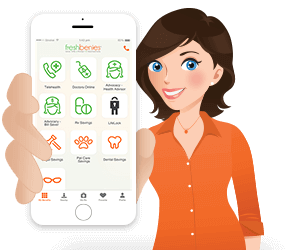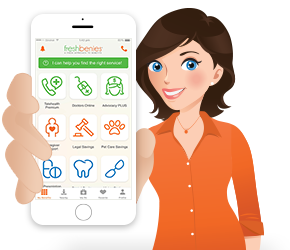CARING FOR AGING PARENTS: 4 STEPS
Are you noticing your parents growing older? Well, you’re not alone! According to CNN, there were 75.4 million Baby Boomers in 2015. By 2029, the last of the boomers will turn 65 and they’ll make up about 20 percent of the U.S. population. In their brief, Meeting the Long-Term Care Needs of the Baby Boomers, the Urban Institute estimates the following: among the population aged 65+, 69% will develop disabilities before they die, and 35% will eventually enter a nursing home.
Whoa! No one argues that caring for aging loved ones is difficult. The people who took care of you now need your care. It can be emotional to work through the options for care because you want to meet their needs while honoring their independence.
The following strategies and tips can help you navigate the choices ahead while guarding the dignity and comfort of your loved ones….
1. Talk to them
It's easy to ignore aging until a crisis, but start having conversations with your parents about their options and preferences while they're still in good health. Your parents have probably thought about what they’d prefer as they need more care, and it's easier for everyone to know those preferences before they’re required. That way, you can help them put a financial plan in place to make sure their needs are met in the way they prefer.
2. Don’t ignore the finances
Some good news: The poverty rate for people age 65 and older is lower than any other age group. That’s good because, according to US News & World Report, the average life expectancy for a 65-year-old American is 17.7 years for a male and 20.3 years for a female. That represents three to four more years of life expectancy compared to what the prior generation had at the same age. In other words, their funds need to stretch further than in the past. The sooner you help your parents review their financial options, the better you can help them prepare for long-term care as they age. A qualified financial planner can help sort through the best ways to save and prepare for care needs. Setting an appointment with a financial expert can also help spur those conversations, which may be difficult to have over a family dinner.
3. Set boundaries
Whether you’re caring for an aging parent in your home, in their home, or in a retirement center, it's easy to get consumed with meeting their needs. Medical issues can create urgency, and the loss of mental stability can create full-time needs. On top of that, you're handling the emotional repercussions of being a parent to your parent.
To keep yourself healthy and capable of giving care, you have to know your limits and set boundaries. That may mean hiring help for a day or two a week or calling in more family members to take on certain responsibilities. It might mean difficult conversations with your parent: sometimes you have to communicate boundaries, such as times you’re not available, or topics you don't want to discuss.
4. Get “the team” involved
It's common for one adult sibling to end up doing most of the caregiving, even when there are other siblings nearby and capable of helping. To prevent caregiver burn-out, call in all the adult family members who can help share responsibility (teenagers can help, too!). It's good to be specific about the needs involved: you can all work together to make a list, which might include items like shuttling to weekly doctor appointments, handling day-to-day home maintenance, organizing finances and paying bills, etc. With the advent of technology, there are ways both local and remote family can help.
Don’t forget your “outside” team! There are advocacy services that can help with the care of parents or parents-in-law by:
- finding providers
- securing second opinions, explaining conditions
- answering questions about medicare
- scheduling appointments and more
Our parents raised us and now it’s our turn to take care of them a little. It’s not easy, but it’s a worthy effort and I hope these tips will help on your journey!
Now, it’s your turn! Are you caring for aging loved ones? What tips do you have that help your family cope? Comment below or email me at adam@freshbenies.com

About the author: Adam Hodge helps educate Americans on how they can bridge the gap between what their health insurance covers and their out-of-pocket costs. With 4 children at home, he’s personally seen the perks of non-insurance benefits. Adam is a broker sales executive for freshbenies where he strategizes with brokers and employers daily about how to take the headache out of healthcare. He can be reached at adam@freshbenies.com.
















